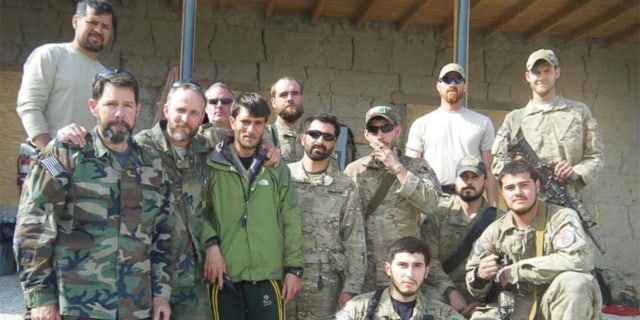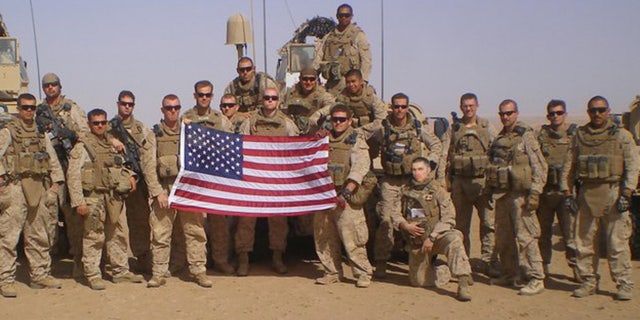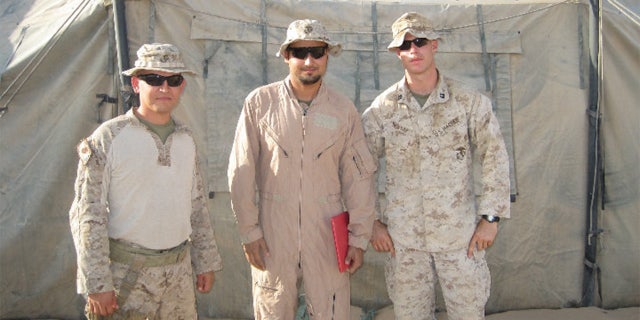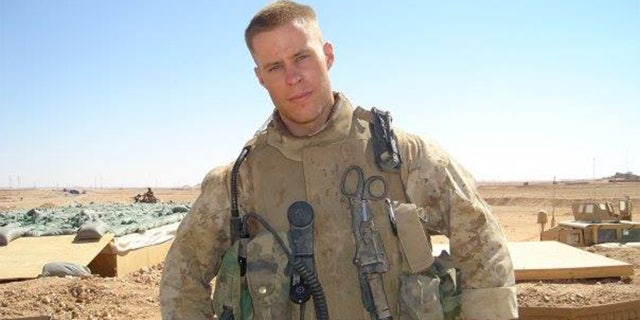Lost in Translation
How US exit from Afghanistan will impact combat interpreters
FOX News national security correspondent Jennifer Griffin has the details on ‘Special Report’
Nearly 17,000 Afghan interpreters who risked their lives working for the US military are trying to leave the war-torn country ahead of President Biden’s September 11th deadline to withdraw remaining US forces from Afghanistan, but some may get left behind.
Congressman Michael McCaul (R-TX) said those interpreters have a bulls-eye on their backs, and that if we do not help them there could be scenes at the US Embassy like those when the last US helicopters flew out of Saigon.
“We have a duty and a moral responsibility to protect them from the Taliban and al-Qaida, if we do not give them special immigrant visas, they will be left behind and be slaughtered by the enemy.”
McCaul and Ryan Crocker, President Obama’s ambassador to Afghanistan wrote in the New York Times: “The Taliban view them as traitors: Since 2014, there have been at least 300 targeted killings of people who worked with us. Many more will die if the administration doesn’t take immediate steps to speed up the process to get them out safely.”
Congress is getting impatient. “They’re being hunted down right now as we speak, they are reaching out to me, these interpreters, in a panic,” said Cong Mike Waltz (R-FL), a former Green Beret, who served multiple tours in Afghanistan.
Ismail Khan served for 7 years alongside US Special Forces translating for US troops in Eastern Afghanistan. His story was immortalized in the book, “American Spartan” about his boss, the legendary Green Beret Major Jim Gant, whom General David Petraeus once called “Lawrence of Afghanistan.”
He now lives in Seattle but knows what is likely to happen to the 17,000 translators and their families who are waiting for Special Immigrant Visas to the US and has this warning for the Biden administration.
“Their lives are in extreme danger,” Khan told Fox News. “They will go after every single translator.”
The Taliban went after Khan’s family in Kunar province because he worked with the US military.
“One of my nephews was kidnapped. He was about 10 years old,” said Khan, who recalled how the Green Berets called him and the other translators their GPS on dangerous missions.
“Americans are nothing without the translator. We are their mouth, their ears, their eyes. If they leave them behind, they are going to die. Most of them are going to die.
Chase Millsap served 3 tours in Iraq as a Marine Captain and spent 5 years trying to bring his Iraqi counterpart, who faced death threats from ISIS, to the US on a Special Immigrant Visa. He’s still waiting.
“As a Marine, you live by the word Semper Fidelis, which means always faithful. And that’s not just something we put it on an email or say to each other, we do really mean it,” said Millsap, author of “We are the Mighty.” He is currently the head writer for the CBS sitcom, “The United States of Al,” which is the story of a Marine who helps bring his Afghan translator to live with him in Ohio.
“When you work with the Americans, you put on our uniform. That’s a mark for you and your life gets exponentially dangerous.”
Millsap worries about the guilt US troops will feel if the State Department abandons these translators.
“I bet you that there are veterans out there right now who are terrified and really nervous about whether or not their interpreters are going to make it out and what can be done to save them,” Millsap told Fox.
The Pentagon says Defense Secretary Lloyd Austin wants to help, but so far there is no plan for an evacuation.
“[The Secretary] is very supportive of the president’s desire and the State Department’s efforts to expand and to accelerate the special immigrant visa program so that we can we can do right by these individuals,” Pentagon Press Secretary John Kirby told reporters.
The State Department runs the special immigrant visa program, or SIVs. The head of U.S. forces in the Middle East says he’s ready to help but is awaiting orders. “From a Central Command perspective and the perspective of the U.S. military, if directed to do something like that, we could certainly do it,” Gen Kenneth McKenzie said at a recent Pentagon briefing.
The National Security Council recently held a deputies meeting on the issue, but no decisions have been made as of yet how to protect these translators and their families after the US withdrawal is complete and US troops leave Afghanistan.
Editor’s note: No One Left Behind is a veterans group that helps Afghan translators settle in the US
Source: Read Full Article





